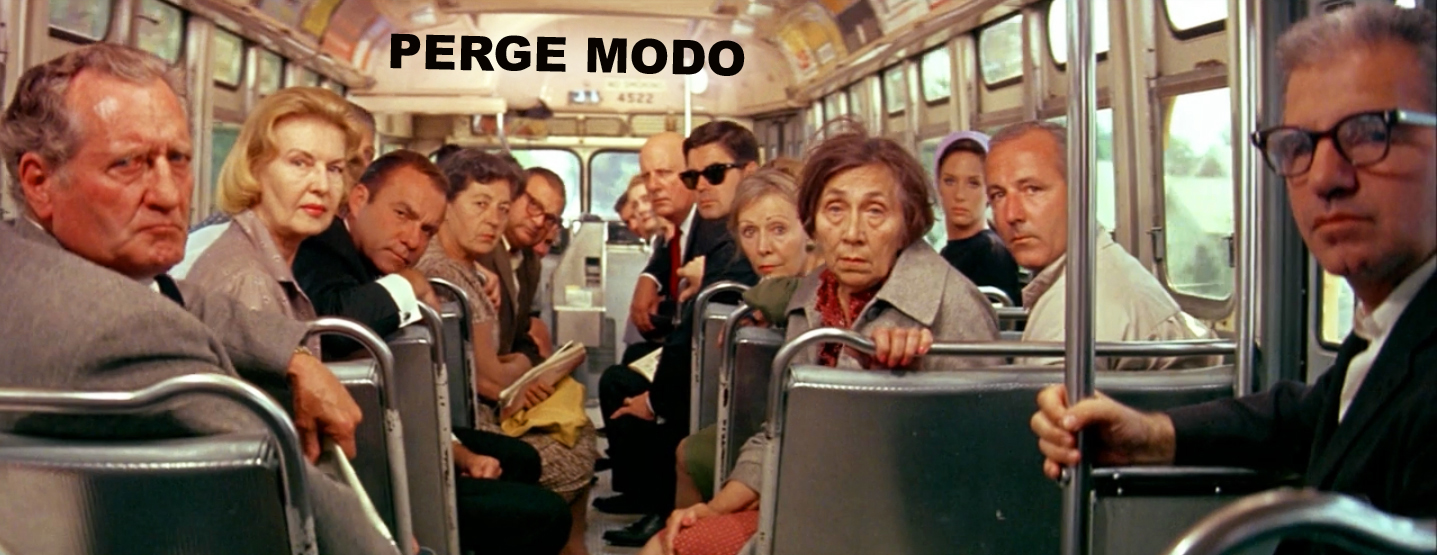To my brothers and sisters, gay and lesbian brothers and sisters, you have told me over years of conversations with you and you have relayed to me through friends with whom I have spoken, that far more often than not, our faith community seems forbidding; that in it you feel unwelcome; that your own struggles, issues, questions, joys, sorrows, talents, needs, gifts, are not respected as they should be. I hope I can say with confidence that this gathering this afternoon symbolizes a widespread sentiment among the people of our diocese, that we'd like to do a better job on that. And we would like to convey to you in a much more rewarding and genuine way, the respect that we have for your integrity, your goodness and your gifts. And at the same time, I hope that we could say to you with equal honesty that we are the weaker to the degree that we do not enjoy the wonderful gifts God gives you for the sake of the community.
So may I ask you please to forgive us for all the ways witting and unwitting that we have failed to honor and respect you. And I may ask that after extending that invitation, I hope in the name of our whole community, that you would be willing to step forward with us to share our journeys, enjoying the good things that we have and sharing the good things that God gives you, so that together having made this mutual commitment, we might show more clearly, rightly, and lovingly, the face of Christ to all of our sisters and brothers who yearn for meaning and for value in life. I hope that you will accept that invitation as coming from our whole community, and in a very honest and sincere way. Please do join us for our worship, our struggles, our service and allow us to make right the things that perhaps we've made wrong in the past. I would be very grateful to you if you would consider that invitation.
And lastly I would like to say to you that not only does this event mean a great deal to me because of the season in which it occurs, the season of Lent, it also means a great deal to me in light of our unfolding Synod experience in which all of us have committed ourselves to--as our first priority--to grow in the knowledge and love of Christ and of our faith. And it seems to me, and I speak only for myself in this regard, but if you can identify with it in some way please do so, with it. The very fact that we have convened this gathering and invited people to it has raised, in me at least, a very strong awareness that all of us have a great deal to learn about gay and lesbian brothers and sisters. I, my mail, my conversations are filled with what I can judge to be unfortunate presumptions about gay and lesbian people, a lot of stereotyping in a very negative way and a lot of lack of information that all of us need to have if we are to understand one another in ways that I really believe that God wants us to know one another's hearts.
I think, for example, of how we all need to be as much in touch as we can possibly be with biblical scholarship as it applies to this question. Because I'm afraid the bible is used in ways that are not life-giving, but destructive as it's quoted about gay and lesbian people. I think we need to learn from the human sciences the research of which has yielded a lot of new information that I believe we have not as yet integrated into our knowledge and value systems and which we do not appreciate as elements which can alter honestly held but incorrect assumptions about other persons in our community.
And lastly, and I think in a certain way, above all, we really need to know the faith and life experience of gay and lesbian sisters and brothers. Do we know their stories? Do we know the challenges they face? Do we know the richness of their spirit? Do we know the ways in which their faith has been tested? Do we know how some of our conduct and patterns can make their journeys more painful than they need to be? I raise these questions, not in any sense in the spirit of accusation or blame, but simply to convey, as best I can, what our sisters and brothers who are gay or lesbian have said to me and what has been said to me by their mothers and dads, grandmas and grandpas, and other people who love them, who are concerned that their offspring, whom they cherish, are not held in equal regard simply because they are gay and lesbian persons.
Equal regard. He spoke those words on March 1, 1997. He gave permission for his sermon to be appear on the internet. He was ahead of his time. Unfortunately, he still is.

1 comment:
That is a beautiful sermon. But I am sorry to report that Bishop Clark is alleged by several men to have ignored their pleas as boys to remove an abusive priest, Robert O'Neill, from active service. O'Neill was moved by Clark to two more parishes before O'Neill retired in 2002. A suit that year against Bishop Clark was dismissed due to statute of limitations.
http://www.bishop-accountability.org/news3/2002_08_09_Tokasz_AVictim_Robert_ONeill_6.htm
Post a Comment